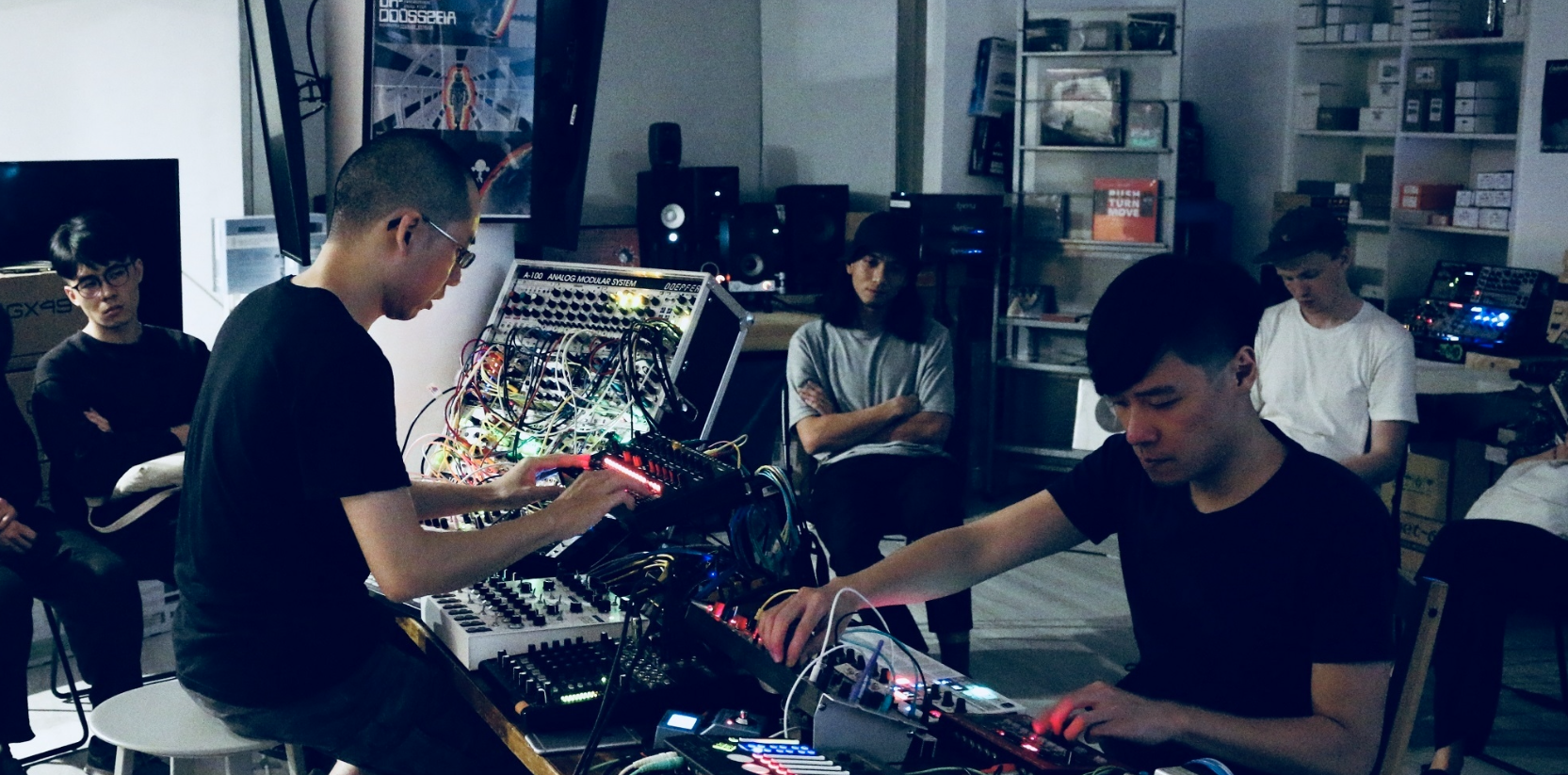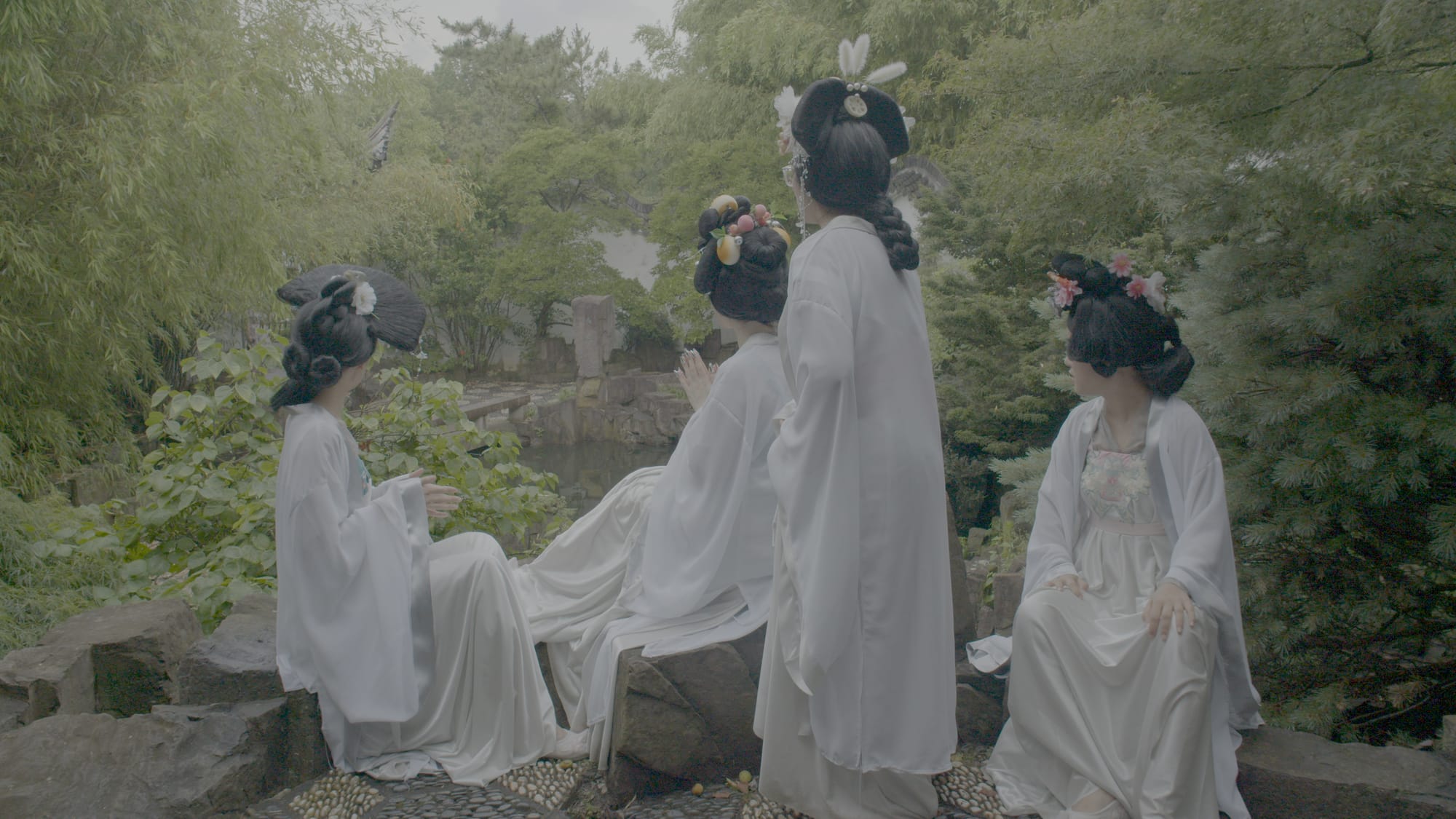The Soft Labor Questionnaire: Jen Liu
Welcome to Soft Labor, the namesake publication of Soft Labor, a strategic consultancy for organizations, designers, and the culture industry led by Sarah Hromack-Chan. Soft Labor is a publication about creative labor—what it is, what it looks like, and how it has and will continue to change. Did someone forward you this publication? Subscribe, read our archives, or email us at info@softlabor.biz.
The Soft Labor Questionnaire
The Soft Labor Questionnaire, is simply that: A brief series of questions we’ve asked comrades in the field to answer about their own working experiences. Would you like to respond to the Soft Labor Questionnaire? Go right ahead and do so.
Today's respondent is Jen Liu. Jen Liu is a New York based artist working in video, painting, sculpture and performance, on topics of Asian diasporic women, material flows in the global economy, and reviving archival artifacts. Technology is a major thread running throughout her work; she has recently used methods such as DNA data encryption and steganography (dark encryption), to expand the boundaries of how art can function in the future. She is a recent recipient of Anonymous was a Woman Award, Hewlett 50 Arts Commission, Creative Capital Grant, LACMA Art + Technology Lab, Guggenheim in Film/Video, and the Cornell Tech\Art Award, among others.
Tell us about the first job you ever did for money.
My first job was helping my dad prepare houses between renters on Long Island - nothing fancy, just suburban s___boxes that my family could afford by scrimping on food, clothing, heat, and school supplies—Taiwanese family values! So at eight years old, scrubbing toilets, repainting walls, picking out sticky spots in old carpet. My first real full time job was just after college, as a tech and PR writer for the Davidsohn Group on Wall Street. That's where I learned the intricacies of tech bro finance power language.
Is your current work related to what you studied in school? If so, how? Or, how not?
Yes, 1000%, and I count myself blessed every day. I studied art and writing in undergrad, art and tech in grad, and I get to do all of it, with some very rewarding university teaching on the side.
What cultural touchpoint—music, art, literature, etc.—has informed your practice the most? How?
To be generationally specific, I always return to the arts and aesthetics of late 1980s Asian America—embedded with techno-optimism (synths only allowed!), with one foot in the Americas and the other in Eurasia, an abashed synthetic aesthetic aligned with black polyester, stiff white button downs, mega-hold hairspray, glowing semitransparent erasers depicting anthropomorphic animals, they'd keep us company while working for insane homework hours, hostile to anything organic, hippy, or earthly, awkward suburban teens dreaming of flying up into the neon stars.

What is the most rewarding aspect of working in your industry? The most challenging?
Both the rewards and the challenges originate in me being able to do basically whatever I want, with moderate institutional support. And likewise, both rewarding and challenging is a lack of boundaries between work and life.
Has AI impacted your work? How?
I find it intriguing, less for all the slop it is capable of producing, than for how it depicts what has been considered possible to imagine over the last couple decades —and how terribly narrow this is. With the way things are going, it is tempting to think that AI applications will be used to further delimit what is possible to think and visualize—as we relinquish our ability to generate strange new-ish thoughts in lieu of tapping the aggregator. That said, who knows how people will adjust to this new means of putting big data to work: I also have no idea how to identify edible grains in the wild and grind them down to make into flour, so I too benefit from innumerable layers of accumulated knowledge and technology, each stage of which always involves fixing boundaries and excluding other kinds of knowledge.
What advice would you give to someone starting a career in your industry?
Apply both patience and lack of restraint, and always consider the human costs and purposes of not just your products, but also your component materials. If the environmental and sociopolitical costs of any given artwork is profound to devastating, the work better be worth it.
What are you obsessed with that has little-to-nothing to do with "work"?
I'm not sure that it has nothing to do with work, but I'm still intrigued, ever since my tech writer days, in the ways in which language and its logics project given models of power. Recently I've been obsessed with Chinese micro-dramas, and the obsession with people saying the CEO is not the CEO but just a poor country bumpkin (or she is not the Empress, or he is not the God of Dragons)—despite all repeated and visibly undeniable evidence—which attests to a near century of linguistic gaslighting and ideological rigidity under pain of death.
